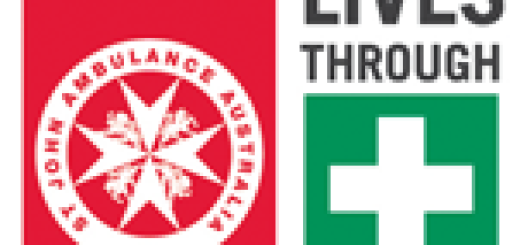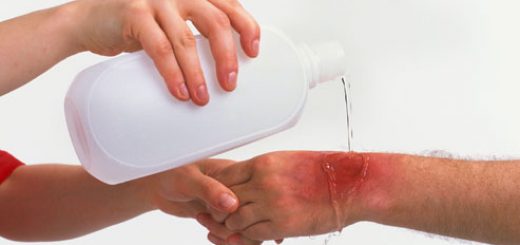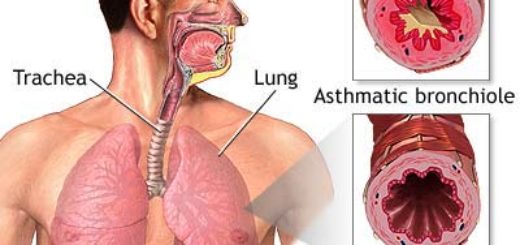How and When to Call 911
911 is the universal emergency number in North America. Dialing 911 will connect you to the local emergency services (police, fire, ambulance, mountain rescue etc.). It is important to understand when to dial 911, and how the system works.
Non-emergency calls to the 911 system can cause delays in handling other very serious emergencies that require immediate attention. Please be sure not to abuse this service. Making a hoax call is a crime in many areas.
Do not call 911 for:
- Minor illness or injury not requiring immediate assistance, such as a cold, the flu, chronic pain, broken fingers or toes, or minor cuts.
- Emotional upsets.
- Routine transportation to medical offices, clinics, or hospitals.
- Calling taxicabs or private ambulances, call the number provided in your local telephone directory.
- Transportation home after a ‘night out’.
If you have any doubts regarding these guidelines, do not hesitate to call 911 for advice.
Do call 911 for:
- Breathing difficulty/ shortness of breath/ breathing has stopped.
- Choking (cannot talk or breathe).
- Constant chest pain – in adults (lasting longer than two minutes).
- Uncontrollable bleeding/ large blood loss.
- Drowning.
- Electrocution.
- Drug overdose/ poisoning.
- Gunshot wounds, stabbings.
- Vomiting blood.
- Sudden fainting/ unconsciousness.
- Convulsions/ seizures (uncontrolled jerking, movements that may cause the patient to fall to the floor).
- Severe allergic reaction (difficulty breathing/ unresponsive).
- Major burns (white or charred skin: blisters and redness over large area).
- Someone who will not wake up, even when you shake them.
- Severe injuries from:
- Traffic accidents
- Head injury
- Significant falls
- Physical entrapment (i.e. car accident with the victim trapped in the vehicle).
What does the dispatcher need to know?
- What is the emergency? What’s wrong?
- Where is the emergency? Give the address include building number, apartment number, nearest cross street. The name of the building is also helpful.
- Who needs help? Age/ number of people.
- Are they conscious? Yes or no.
- Are they breathing? Yes or no.
The dispatcher must verify the accuracy of all telephone numbers and addresses again.
Remain calm, and give clear answers to any questions that the dispatcher might ask you.
Pay attention to any instructions that the dispatcher might give you.
How can you help before assistance arrives?
- Assure the patient that help is on the way.
- Keep the phone line clear after the 911 call is made.
- Direct someone to wait out front to meet the ambulance and lead the way.
- Wave a flashlight or turn on flashers of a car or porch lights if it is dark or visibility is poor.
- Consider having an interpreter if the patient does not speak English.
- Secure pets, especially dogs, in a separate area.
- Have a visible address, easily readable from the street.
- Gather or make a list of medications that the patient is using and give to emergency personnel.
- Start emergency first aid.
- Apply direct pressure to the wound if the victim is bleeding.
- Perform the Heimlich maneuver if a choking victim cannot breathe or talk. Begin CPR if the victim has stopped breathing normally.
You can also prepare by taking a first aid class in your local area. Our online first aid course is also a great way to learn some basic lifesaving skills.






This post was very helpful. Thanks for posting so often